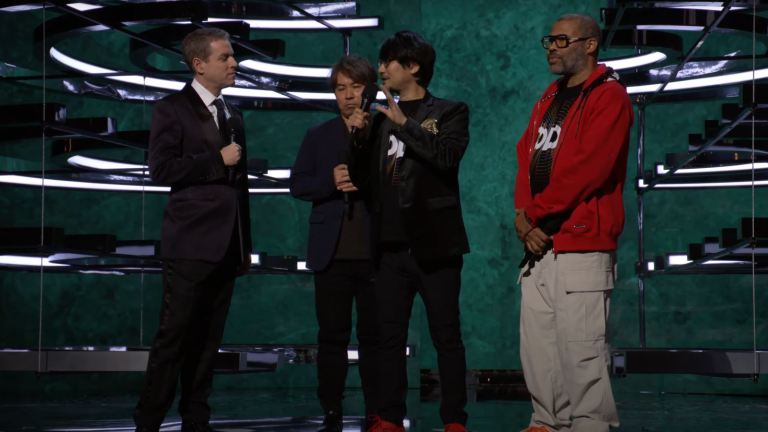The Entertainment Software Association has confirmedvia The Washington Postthat they have decided to officially end E3.
In many ways, this news is not surprising.
More on that later.

Simply put, E3 was quickly becoming a massive money pit for pretty much everyone involved.
Even larger studios began to reach that same conclusion.
If the money side of E3 still made sense, the event would still be alive.
It didnt, so it isnt.
The key was to make those live streams feel as significant as possible relative to their size and costs.
Eventually, other studios got the message.
Eventually, they even allowed the general public to buy tickets to the show.
It seemed like the right move at the time, but things didnt go quite so smoothly.
It was another in a series of contradictions that E3s organizers never really found a way to navigate.
I tend to agree with that sentiment.
Ironically, those who do are often the ones who eventually suffer the most.
Indeed, the battle between Sega and Sony helped E3 gain much of its notoriety in the first place.
That sense of clear competition often led to some ofE3s best moments.
However, modern games are more expensive and time-consuming than ever before.
That brutal combination of factors eventually put an amount of pressure on E3 that the event simply couldnt survive.
That led to things like exaggerated trailers, radio silence, and other things that gradually hurt E3s reputation.